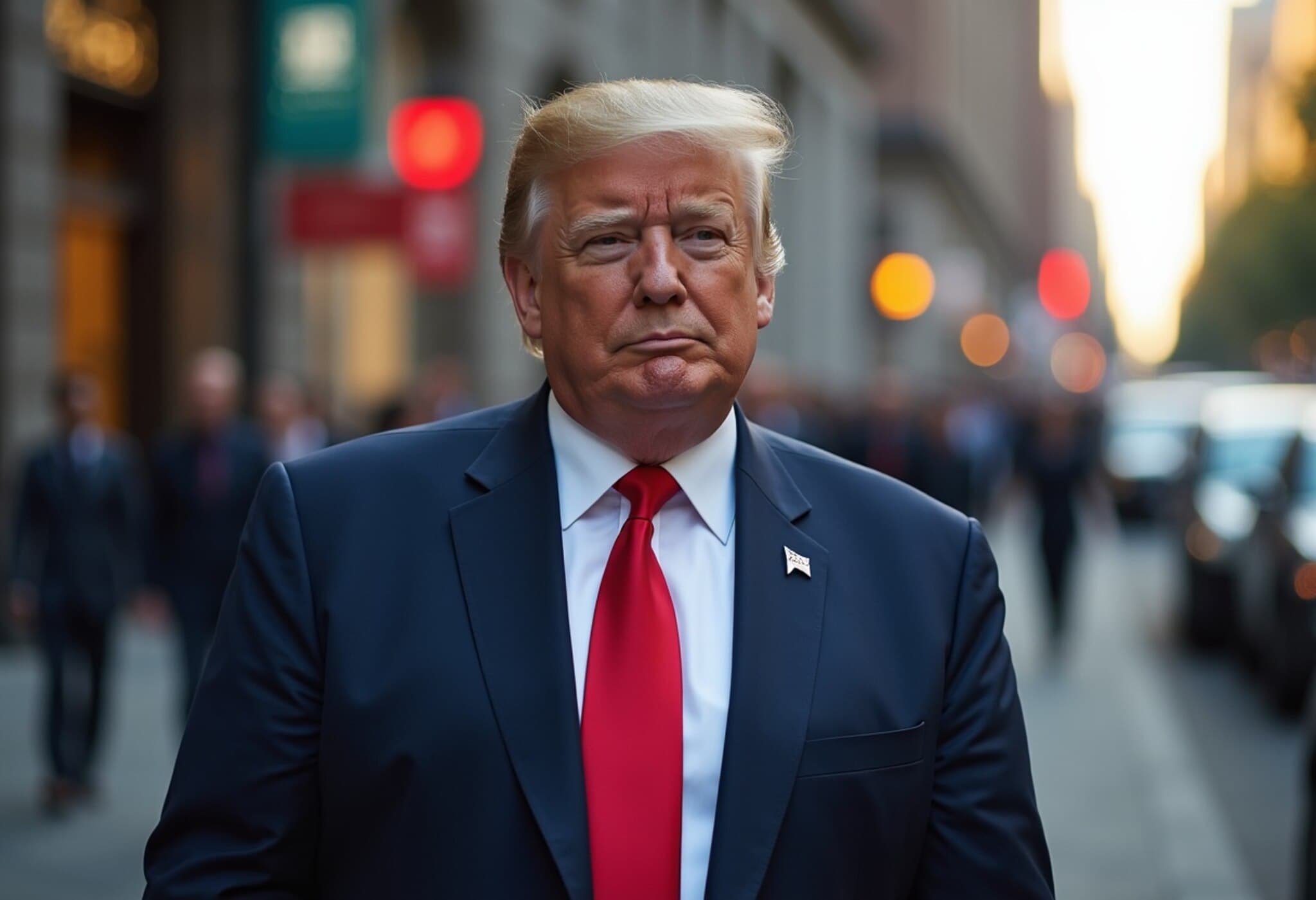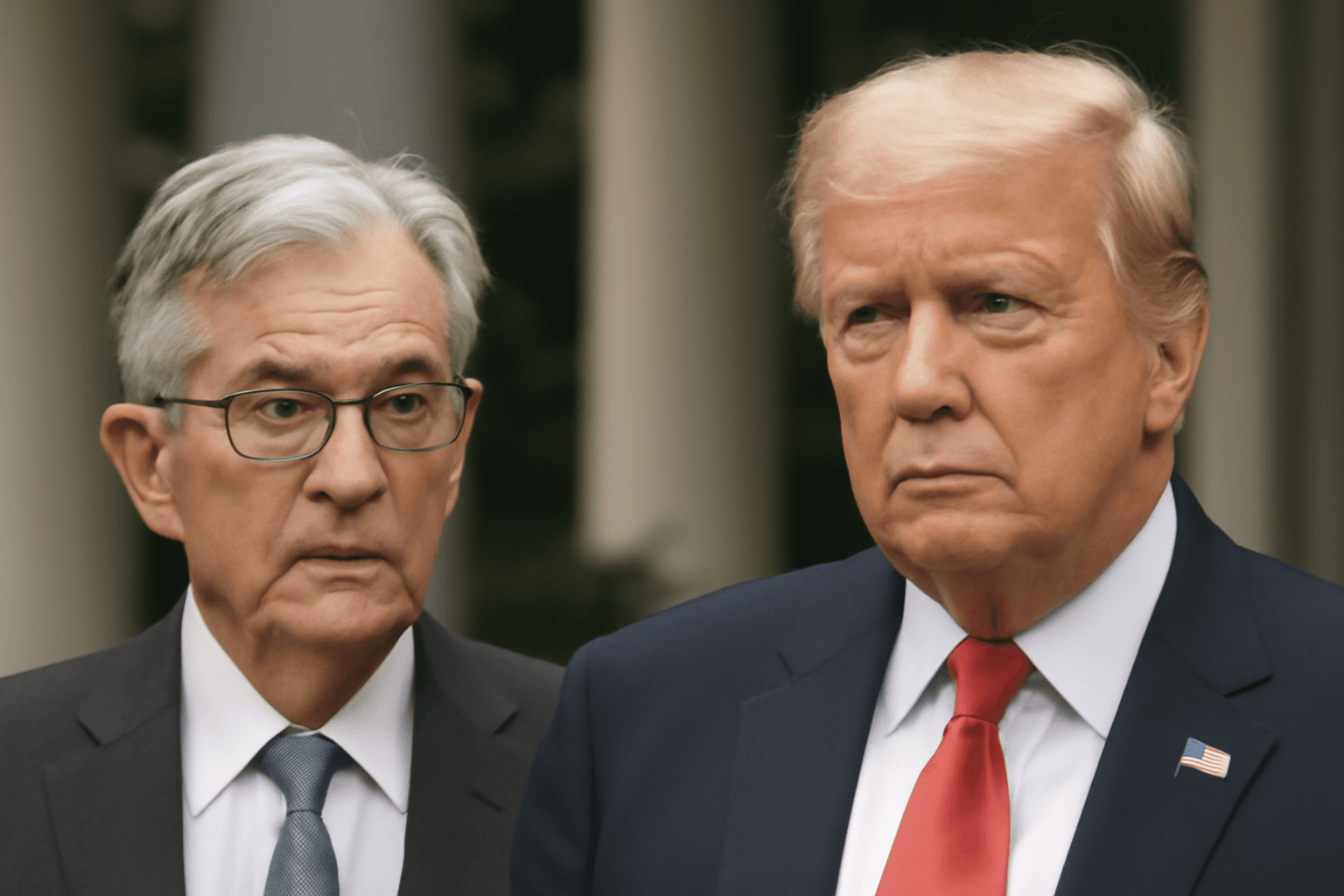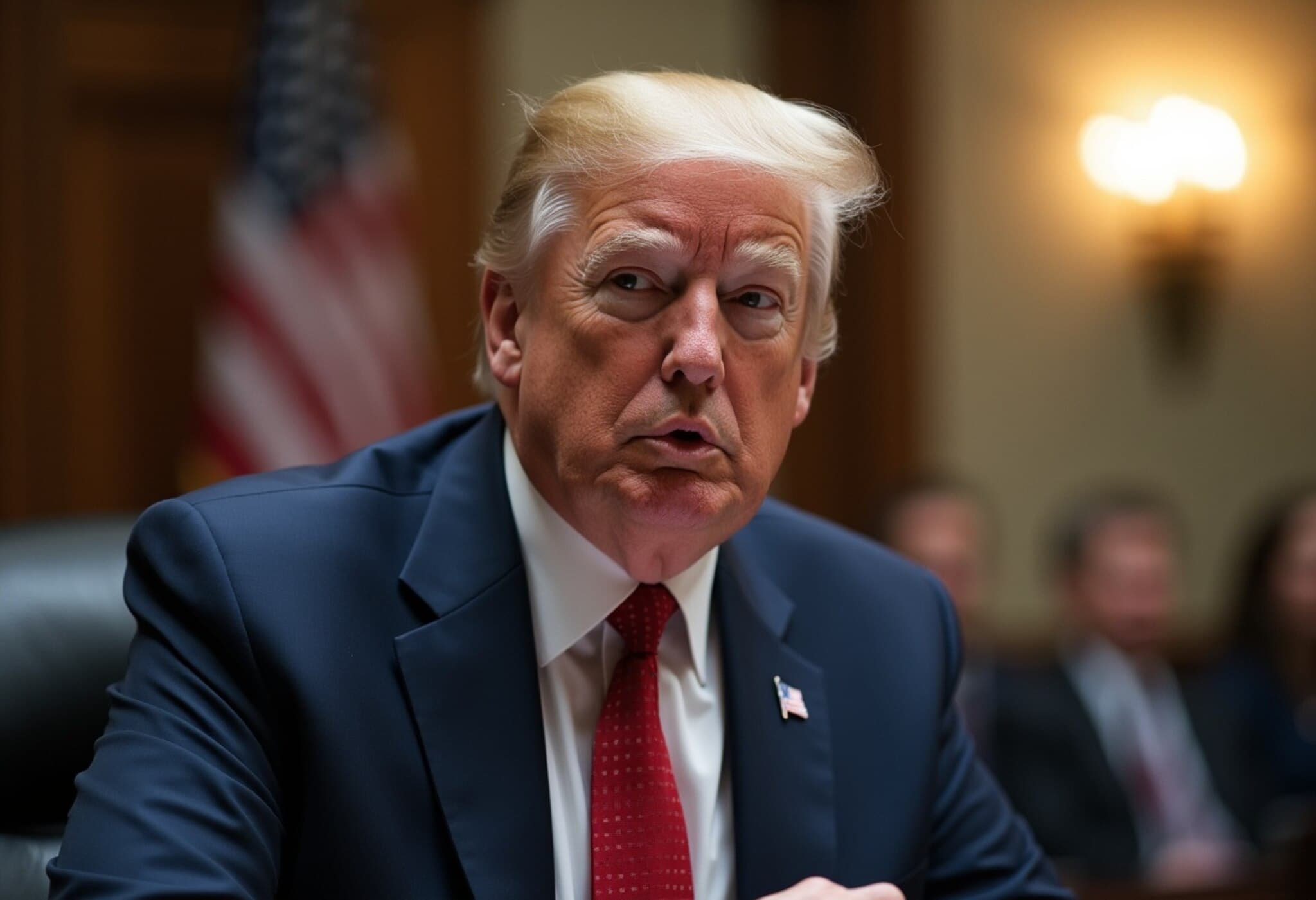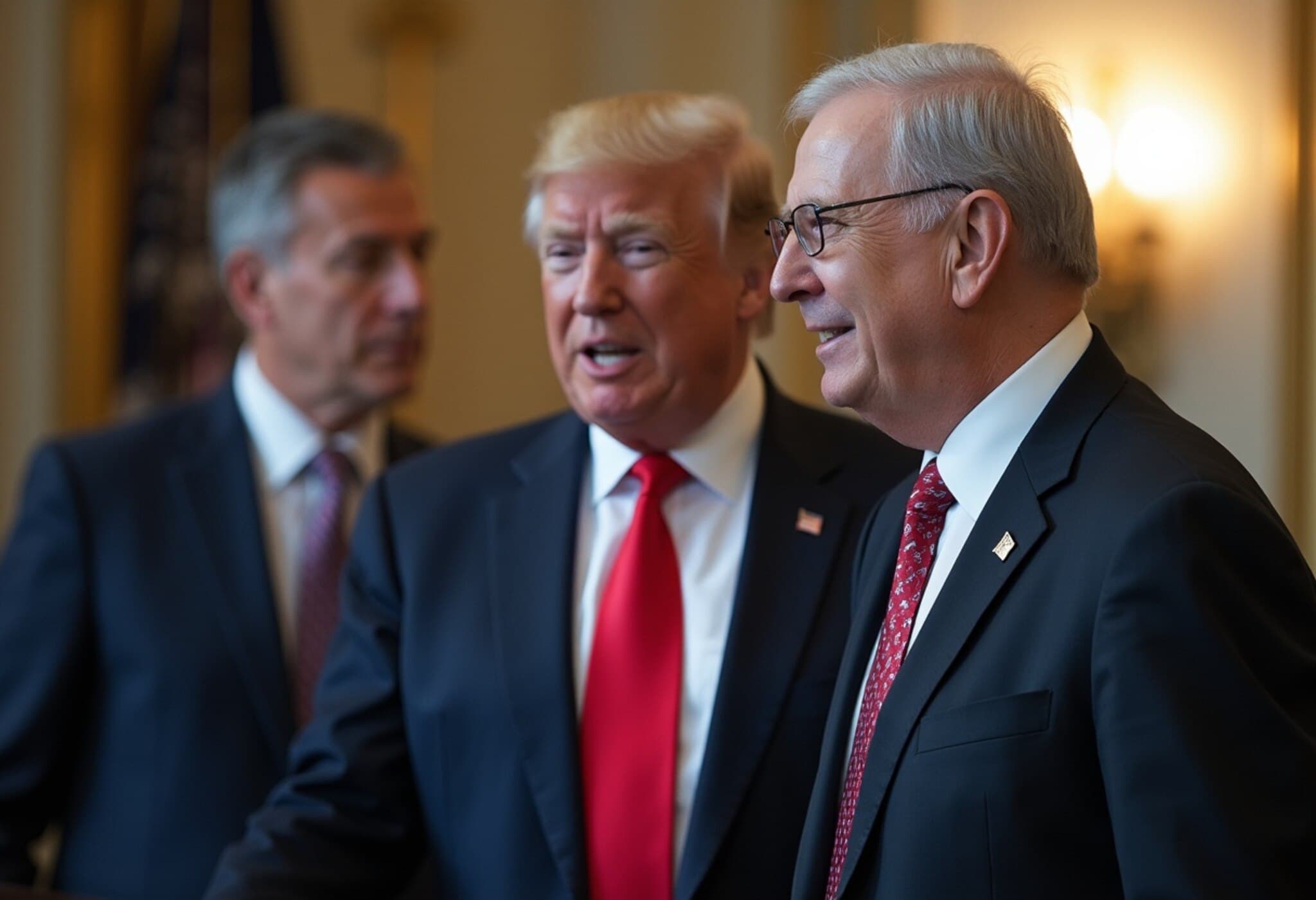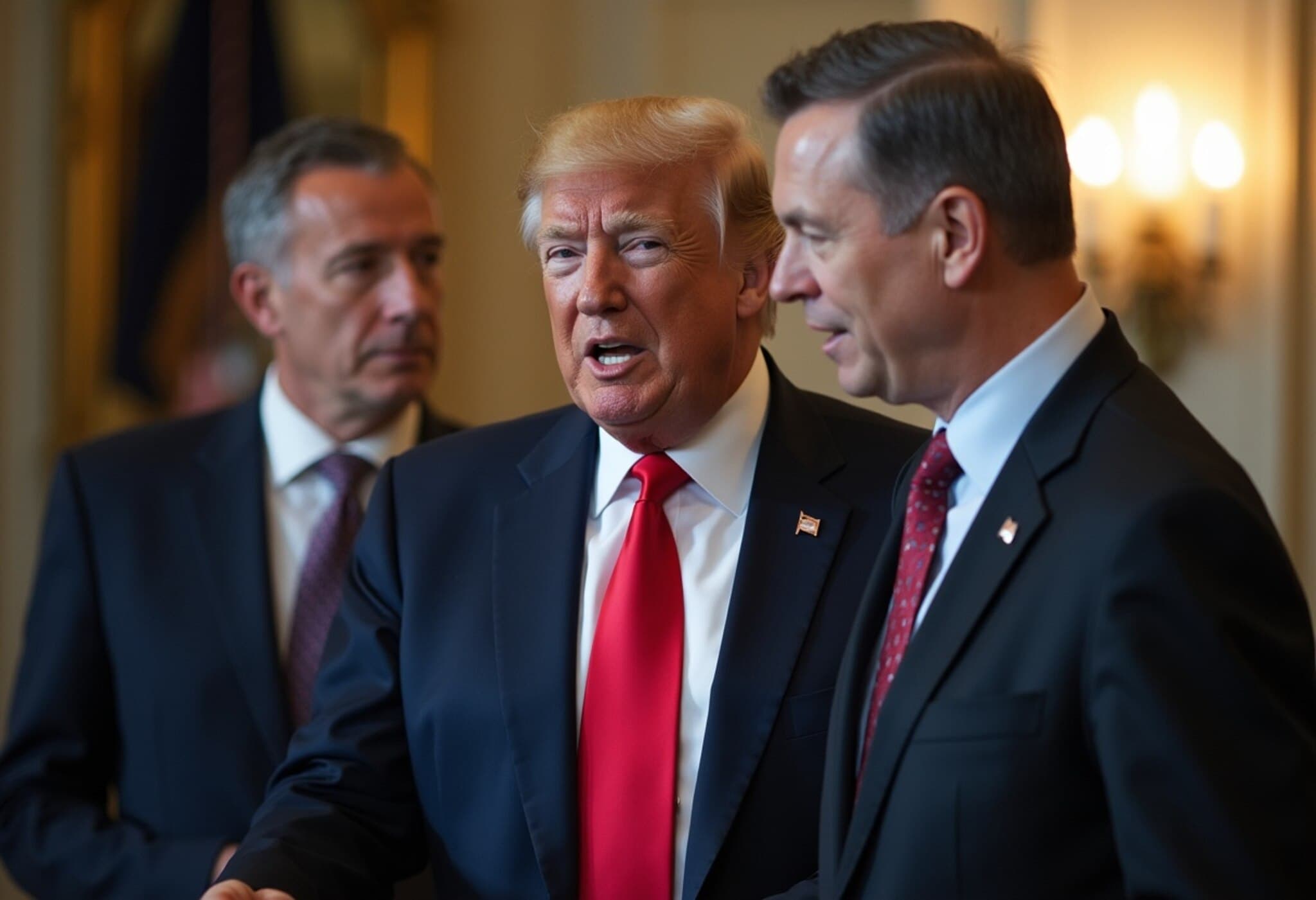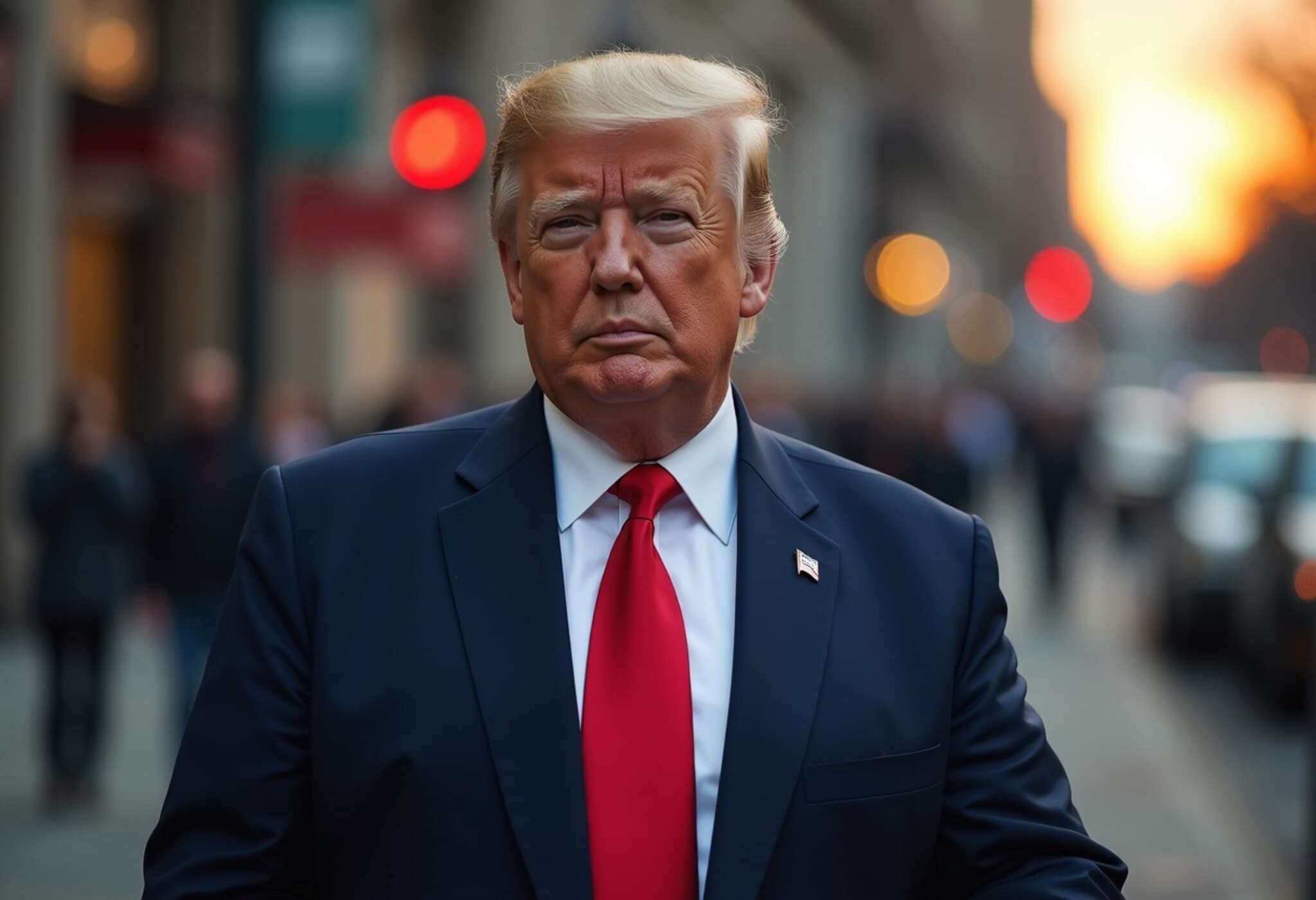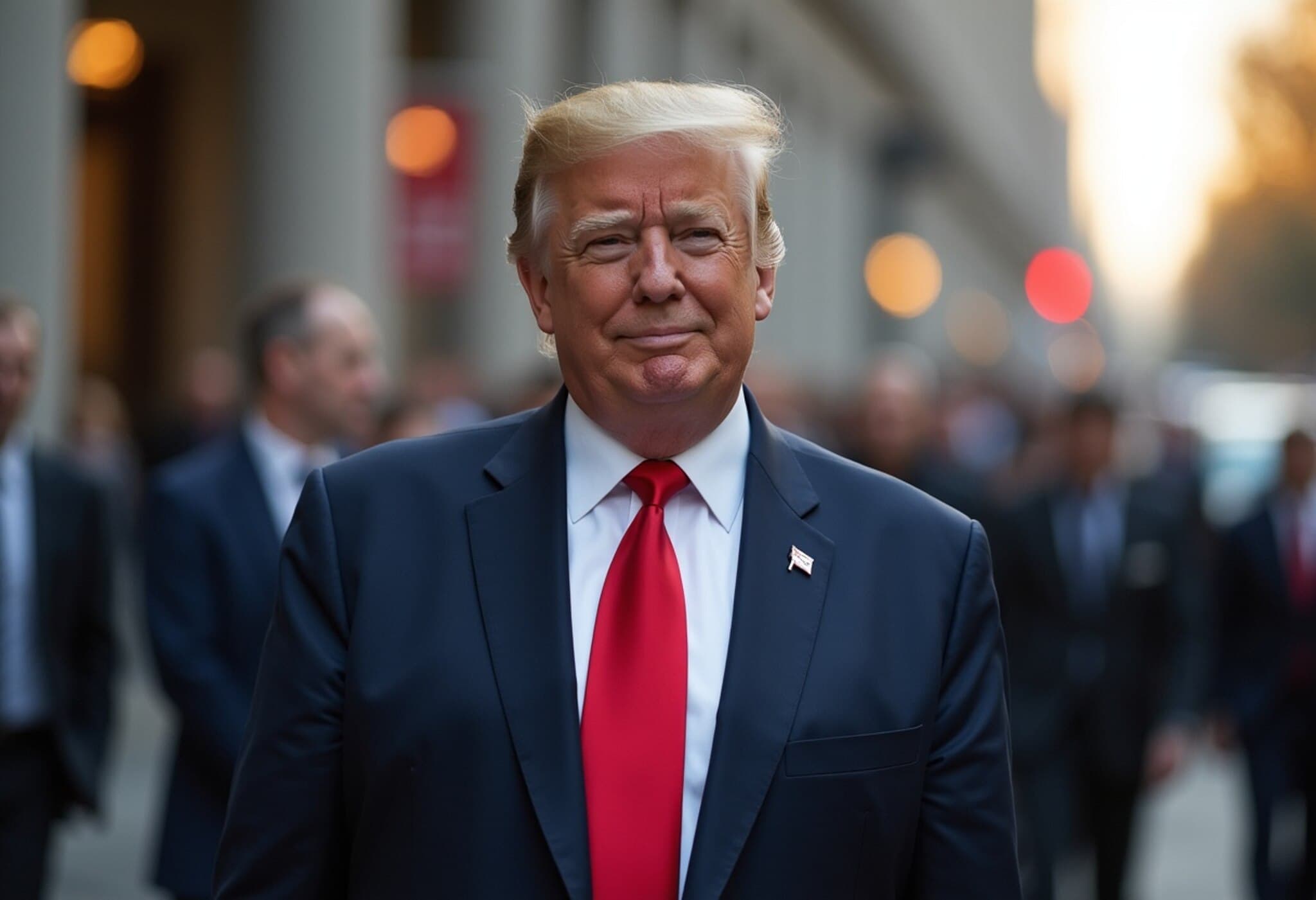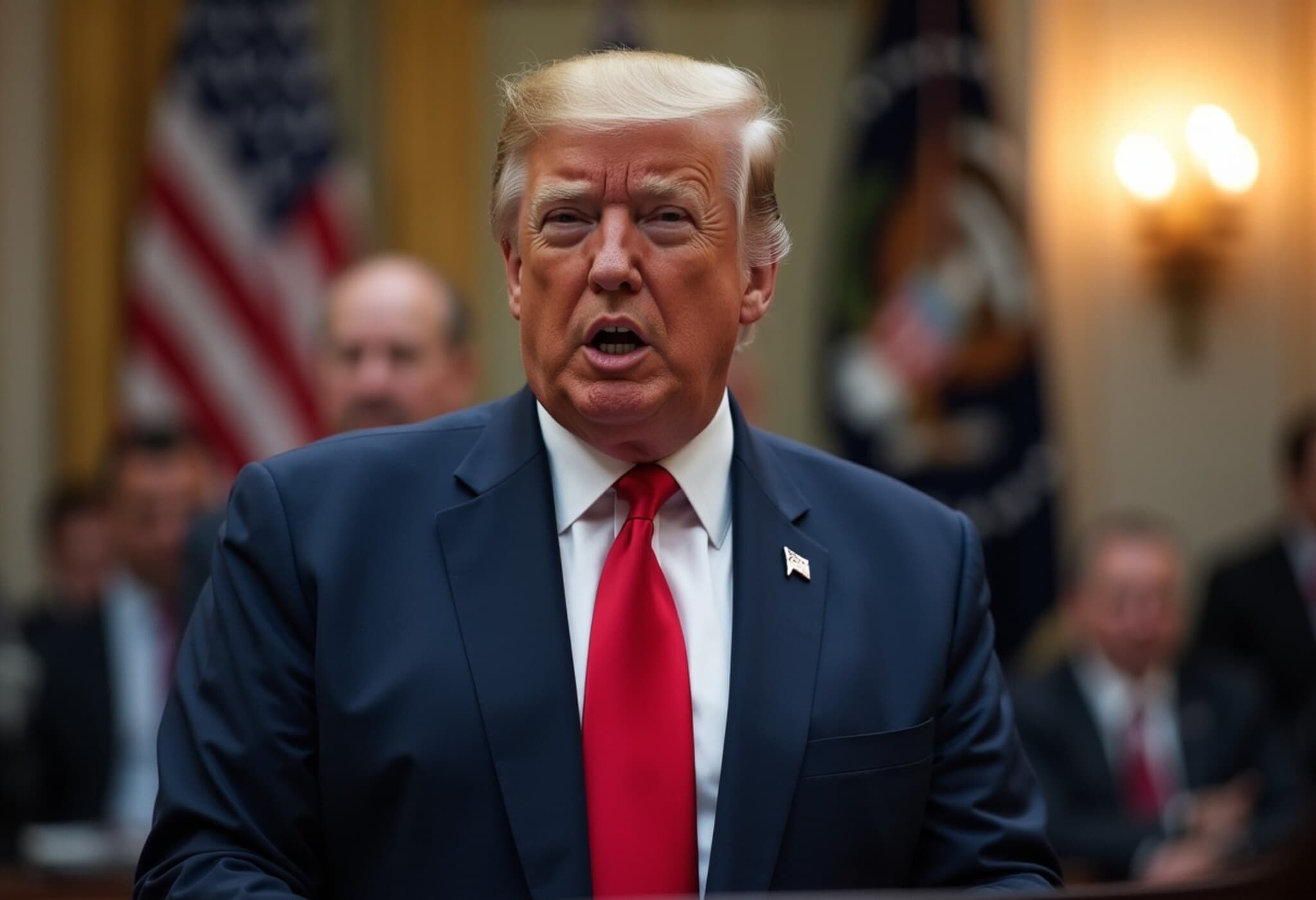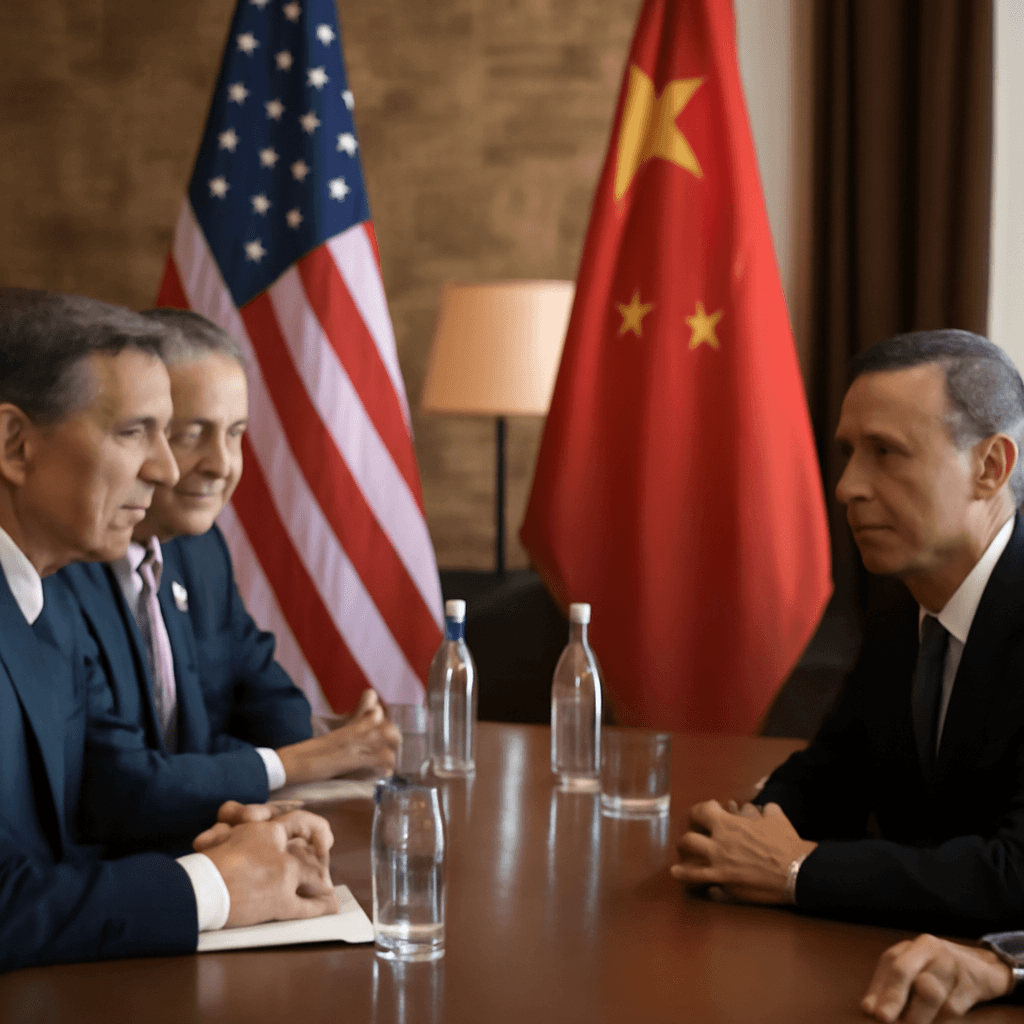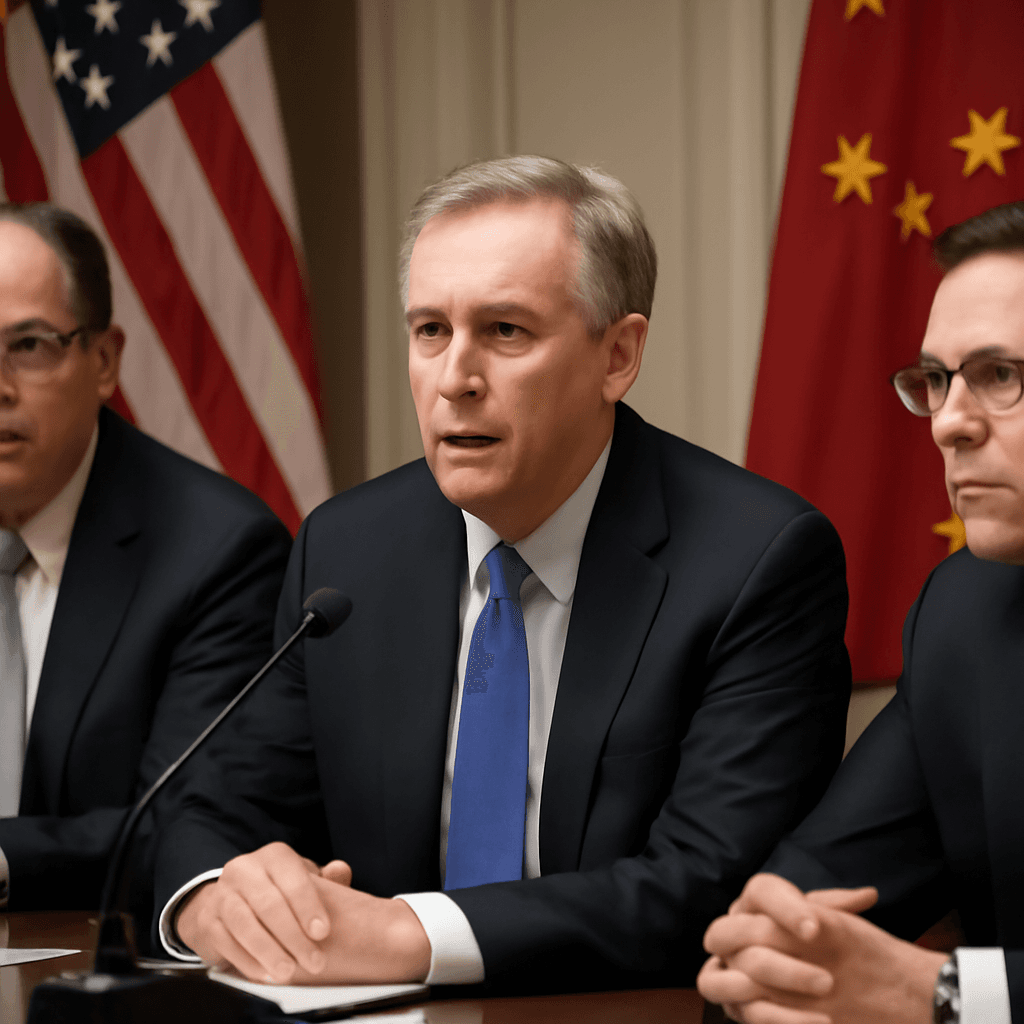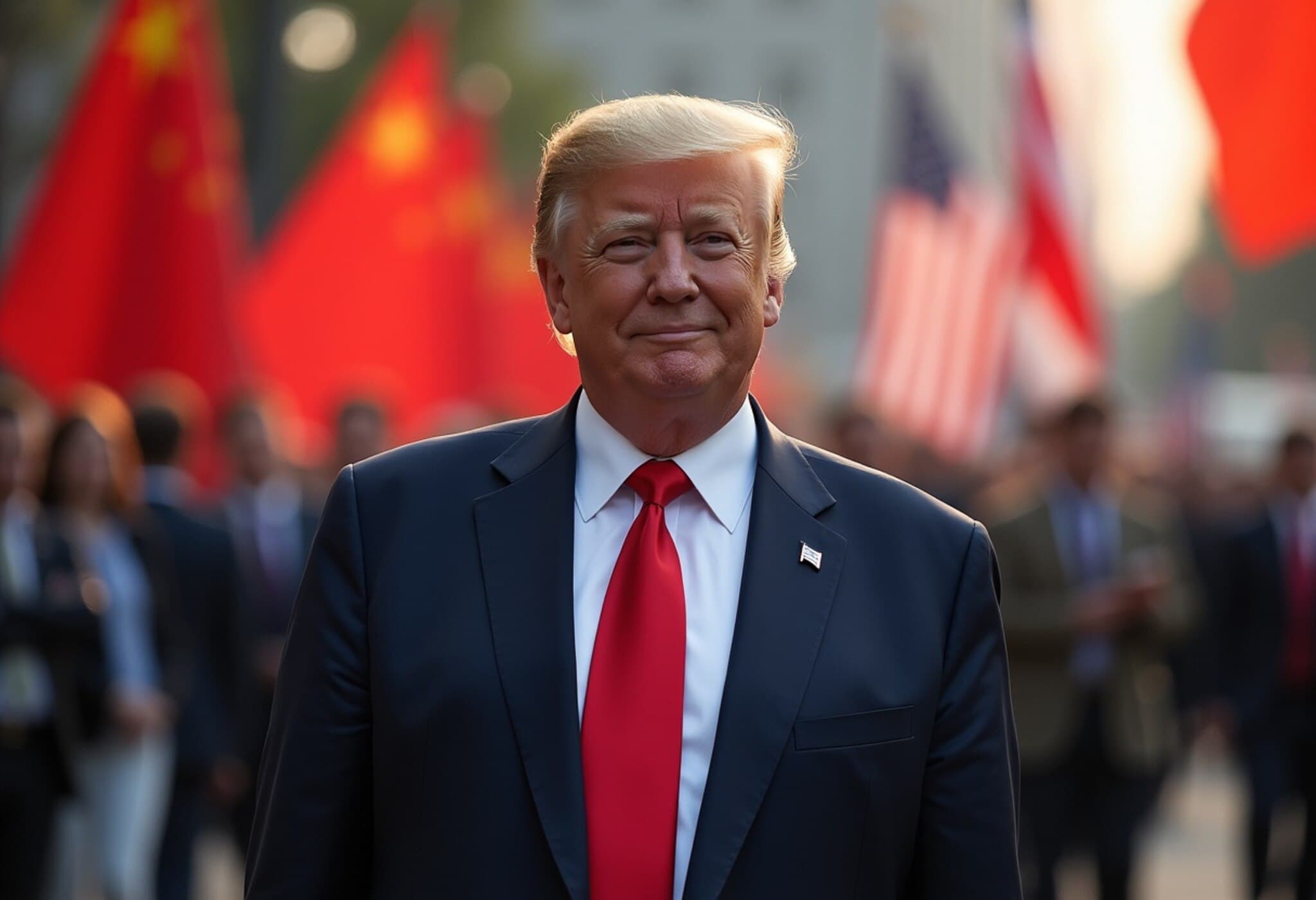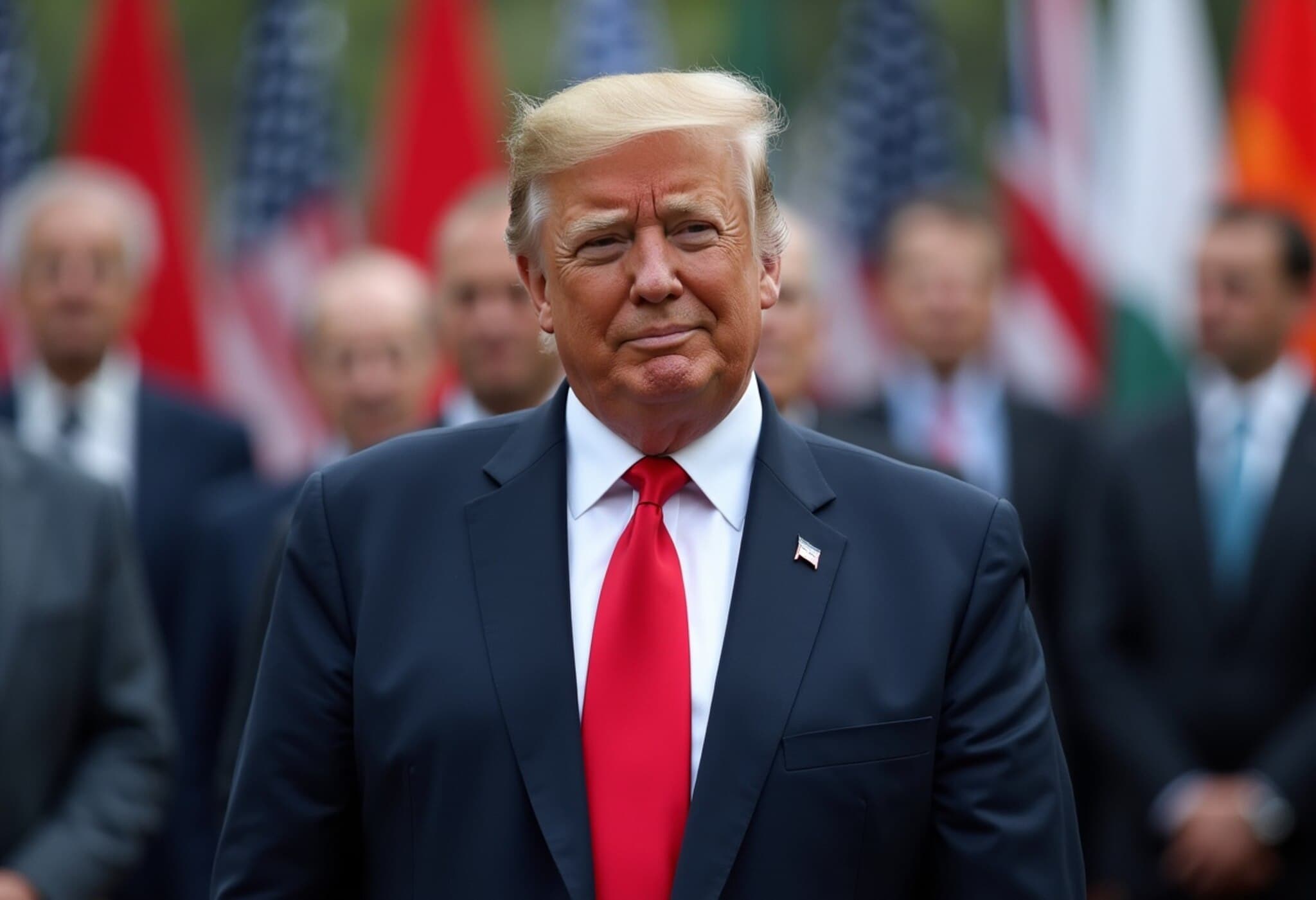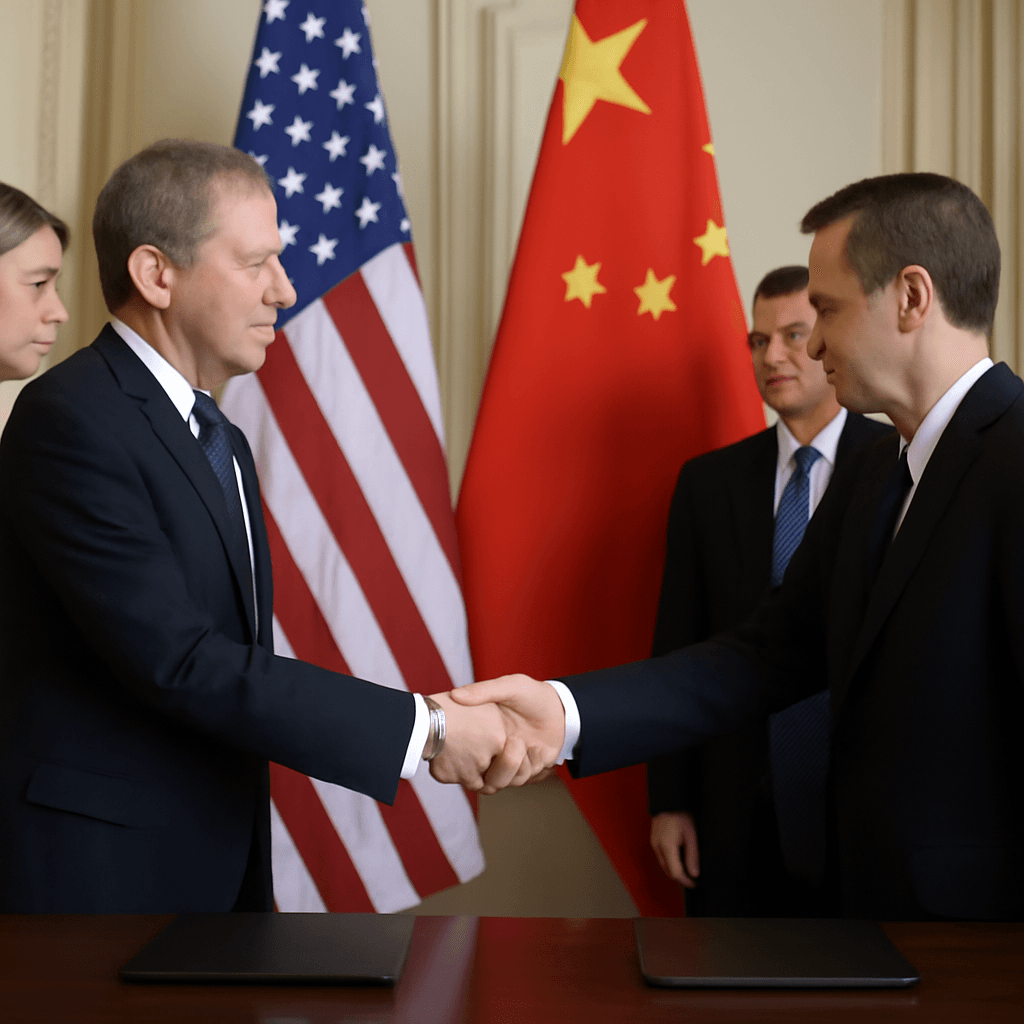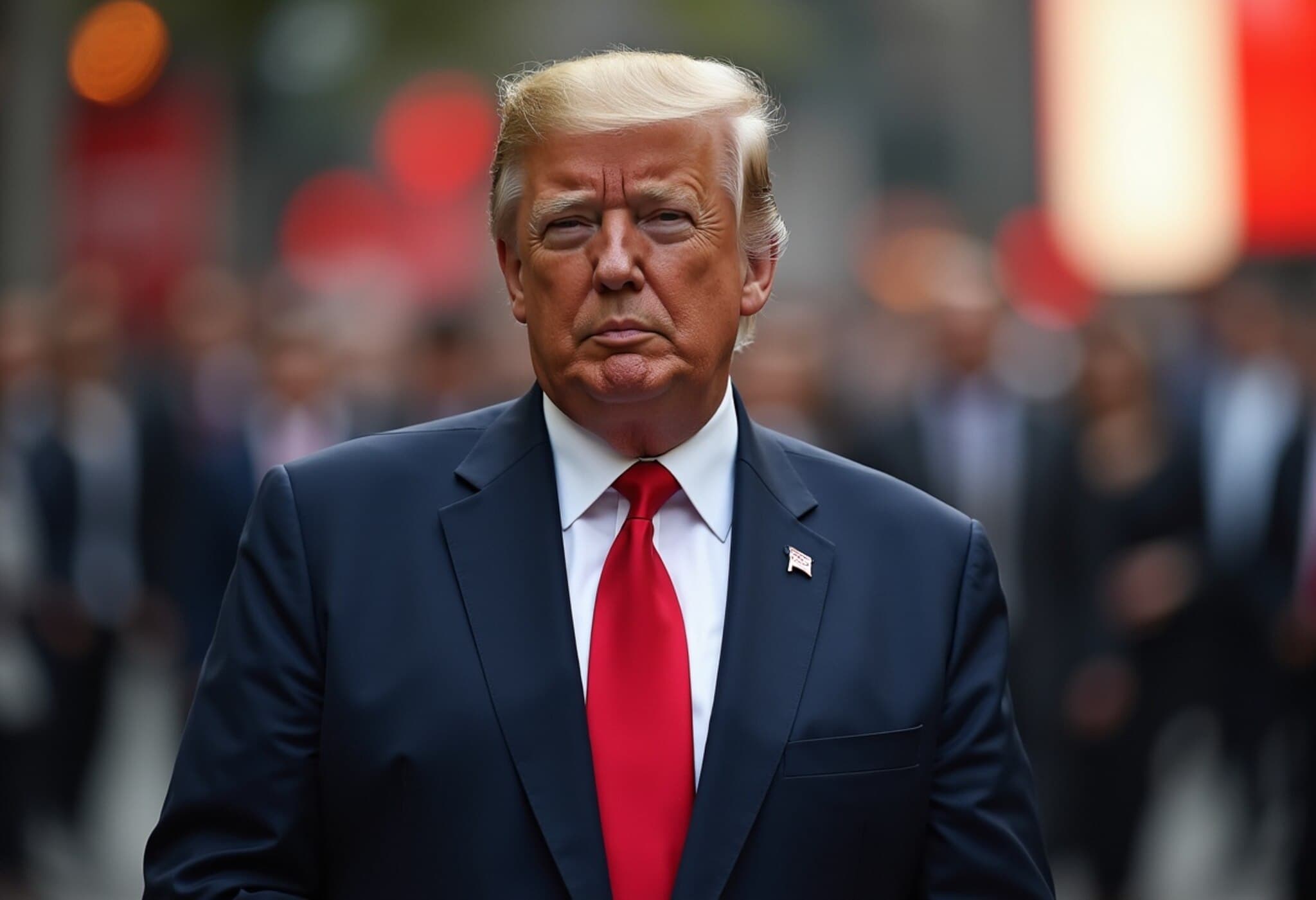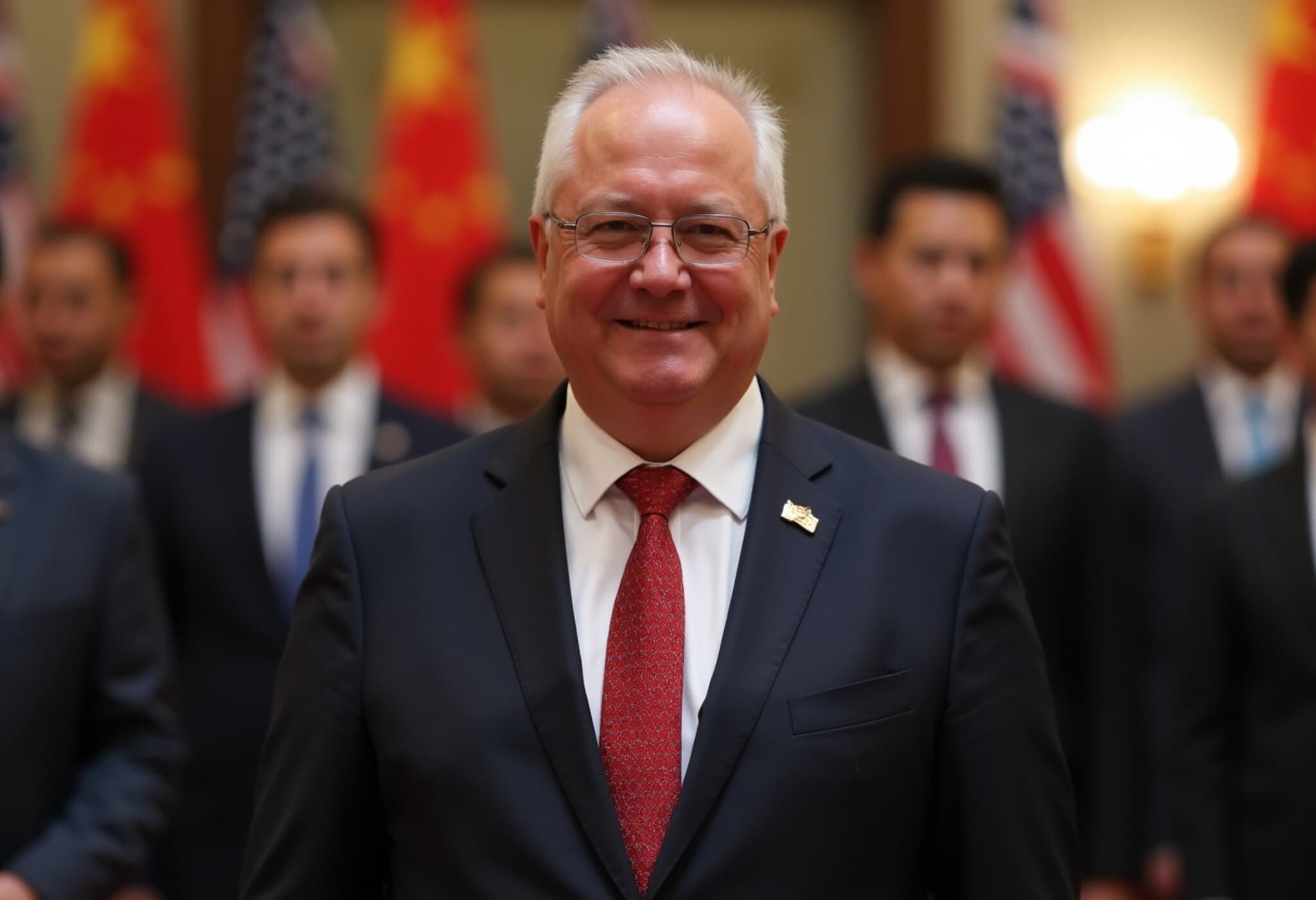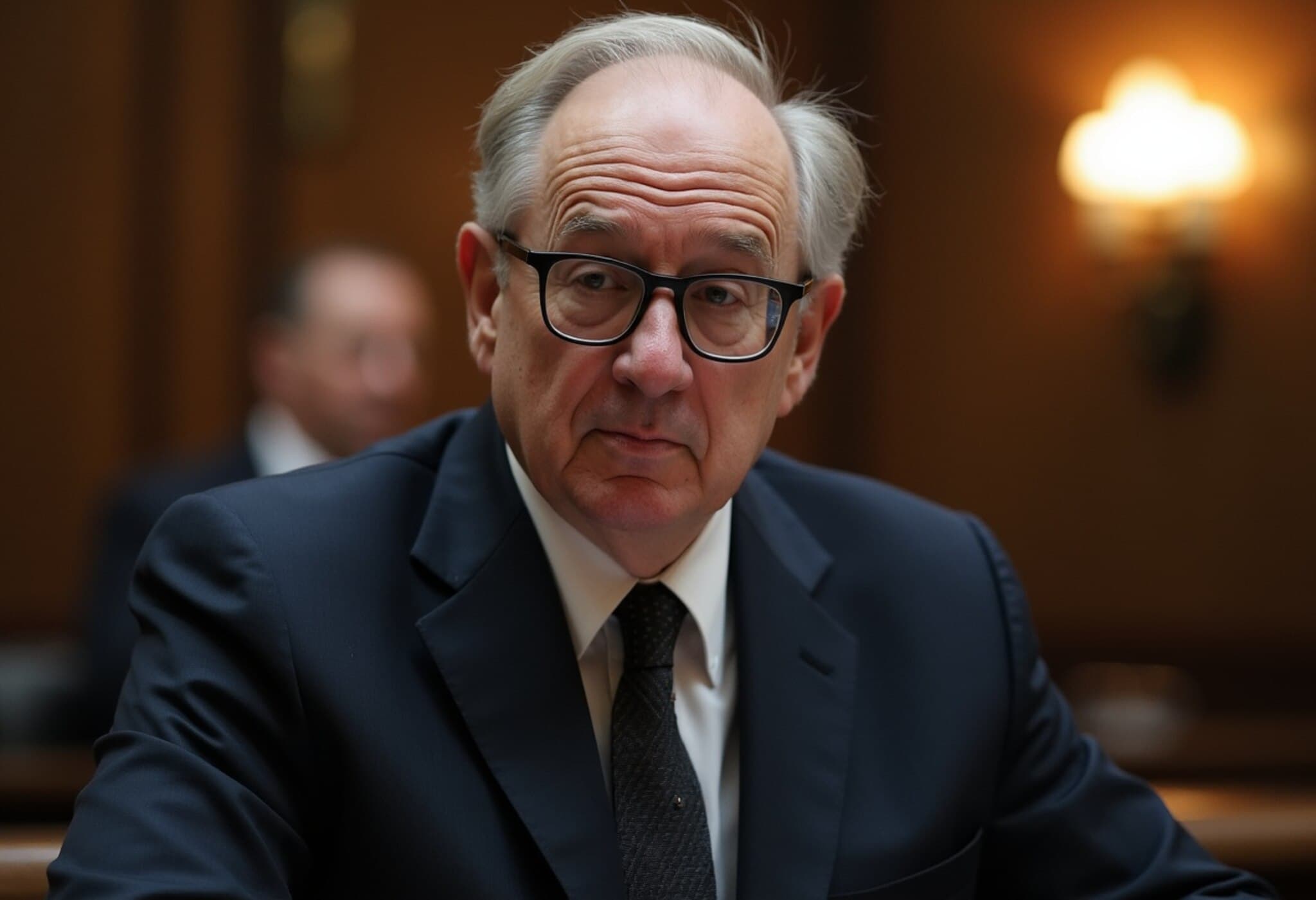US Considers Extending Tariff Pause for Good Faith Trade Negotiations
As the deadline for President Donald Trump's 90-day tariff pause approaches, US Treasury Secretary Scott Bessent hinted at the administration’s willingness to extend this pause for key trading partners engaged in meaningful negotiations.
Openness to Rolling Back Tariff Deadlines
During a testimony before the House Ways and Means Committee in Washington, D.C., Bessent emphasized that the administration is actively pursuing agreements with the country’s 18 important trading partners. He remarked that for those demonstrating good faith in ongoing negotiations, including major blocs like the European Union, it’s “highly likely” the tariff pause deadline would be pushed forward to keep the dialogue productive.
He clarified, however, that this leniency only extends to countries showing genuine commitment to negotiations. For those not engaged in productive talks, the administration would maintain firm deadlines.
Context: The Approaching End of the Current Pause
President Trump’s self-imposed 90-day tariff pause, which began earlier this year, is set to end by July 9, 2025. Until now, officials have strongly tied any extension of this pause to confirmed trade agreements.
Recent reports suggest several deals are nearing completion, yet formal agreements outside of the US-Mexico-Canada trade agreement and a preliminary framework with China remain pending. The announcement regarding the US-China trade deal came earlier on the same day as Bessent's remarks, though details have yet to be fully disclosed.
Moving Forward: A Strategic Approach to Trade Relations
Bessent’s comments reflect a more flexible stance by the administration as the July deadline approaches. By signaling preparedness to delay tariff enforcement for partners negotiating sincerely, the US aims to foster a cooperative atmosphere in an often fraught global trade environment.
This approach underscores the administration’s priority to secure tangible trade outcomes rather than sticking rigidly to preset timelines, especially as complex negotiations continue across multiple regions and countries.
Stay informed with the latest developments on US trade policies and international negotiations.

